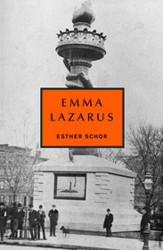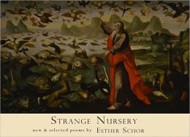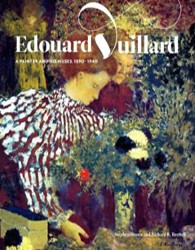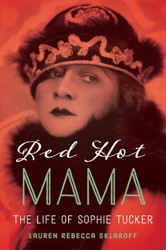A story is told that, during a coffee break between sessions at an International Congress of Esperantists, where all papers are read exclusively in Esperanto, two Jewish Esperantists, old friends, spot each other across the room and rush over to exchange greetings. As they approach each other for a warm hug, one of the old friends calls out, “Nu, vus makht a Yid?”
This story illustrates one of the issues Esther Schor deals with in Bridge of Words, a book on her seven-year pilgrimage through this world, if only peripherally: the Jewish impact at the center of Esperanto.
Esther Schor is a professor of English at Princeton, a published poet and memoirist (“My Last JDate” in Tablet Magazine is a must-read), and the author of Emma Lazarus, a National Jewish Book Award winner. Her most engaging chapters deal with her sojourn at Bona Espero, an Esperanto village in Brazil for repairing the lives of disadvantaged youth, and a narrative concerning the transactions with the Bahà’ì religion of Lidia Zamenhof, the daughter of Ludwig Zamenhof, inventor of Esperanto.
Esperanto, before it became a language, was a name — the pseudonym of Ludwig Zamenhof, called Doktor Esperanto, a physician who would cure the ills of humankind by regular injections of that drug called hope. The anthem Zamenhof wrote for the movement he was founding was entitled La Espera—”The Hope” — and calls to mind the anthem of the Zionist movement—Hatikva—”The Hope” as well. It is revelatory of the deep Jewish source of Zamenhof’s project. Indeed Schor touches on Zamenhof’s early flirtations with Zionism, which did not last long. As Schor points out, he even had the idea of founding a Jewish State in Mississippi and his brother tried to establish a Jewish agricultural settlement in Brazil. Explaining Zamenhof’s divorce from Herzlian Zionism, the author presents Zamenhof as something of a theologian, in a religion where only an invented language can function as the unifier of a people, and not only of the Jews. Zamenhof’s language would be a neutral invented language, “beautiful sounding and so extraordinarily easy that it could be learned in a week.” Like Zionism, for which Hebrew is one of the main keys, Zamenhof tried to create not only a new language but a new type of people. The sticking point was that Esperantists would be a people with a future but not a past.
The author suggests that, as with Herzl’s movement, Esperanto was originally motivated by antisemitism. Later, speaking of the movement’s Boulogne Universal Conference in 1915, at which a schism was brewing, Schor points out that Esperantists felt the need to conceal the depth of the language’s Jewish sources. In addition, says Schor, as recently as 2009, the Bialystok conference turned out to be a pretext for flexing Polish antisemitic muscles, while the attendees pretended that universalism had been achieved.
While Zamenhof often used the microcosm of the Jewish family as the metaphor for the community he dreamt of — “fraternity” was its leitwort—it turned out that at the macro level the family resembles the bickering Bickersons, where quarrels — about things big and small — dominate the family reunions. At times, reading Schor’s presentation of a wonderful idea gone wrong, one gets the feeling that instead of “Bridge of Words” a more apt description to account for all the setbacks caused by these internecine quarrels might have been “Bridge of Sighs.”
The book, focusing on the movement, does not endeavor to teach the language. (Wikipedia does a good job of providing the basics.) Nevertheless, Schor does serve up many interesting tidbits along the way, one of the most colorful of which is “Ho ve!” where one can recognize the Yiddish expression, Oy vey!
A New York Times article on the billionaire Esperantist George Soros recently called Esperanto a “language fashioned in the almost evangelical belief that giving the world a common easy-to-learn second language would reduce conflict.” Esther Schor, a writer of beautiful English and a thorough researcher and scholar, tells us how Zamenhof’s dream of perfecting the world — like that of most world reformers — did not come to fruition.
But there is always hope.
And yet, there are many people today who would still prefer the Hebrew version of that hope.





